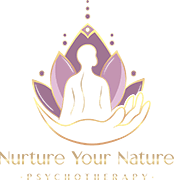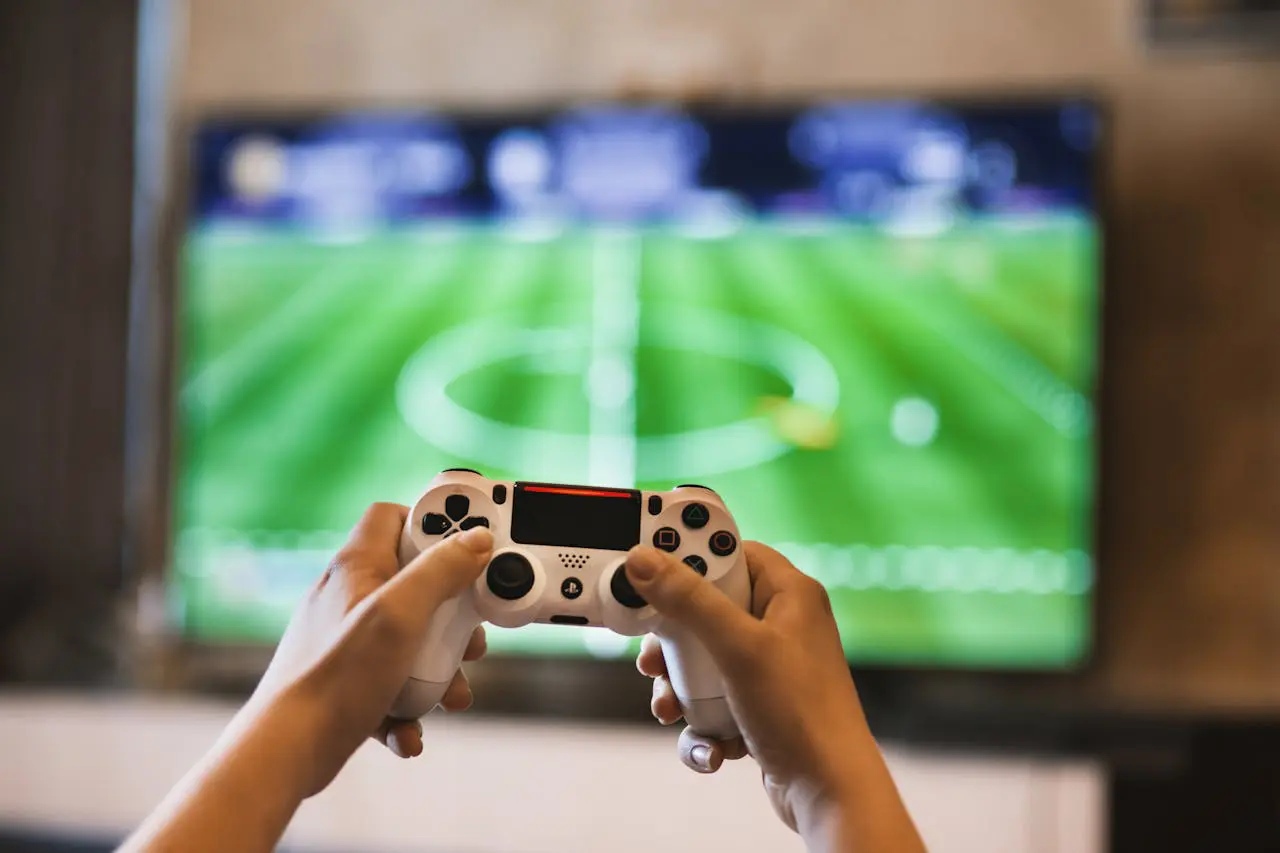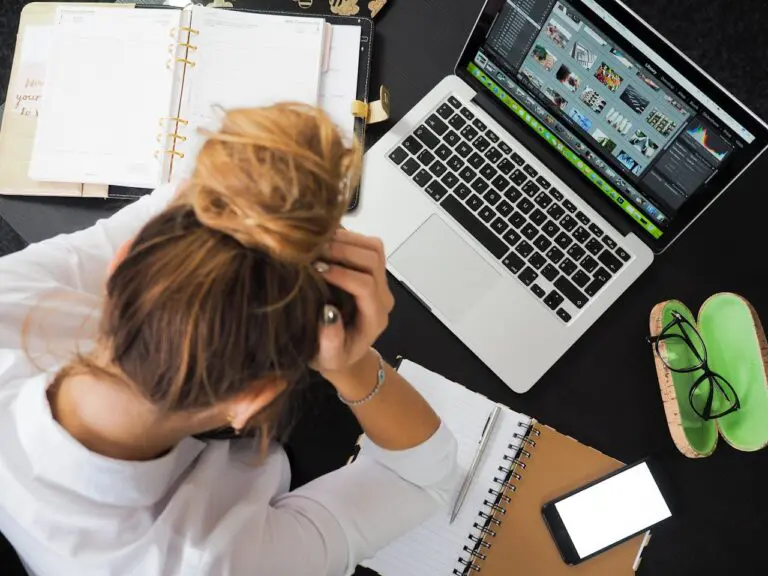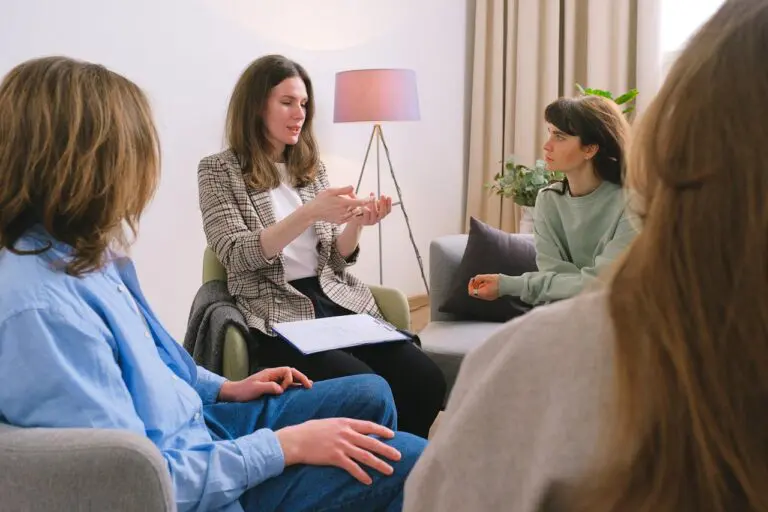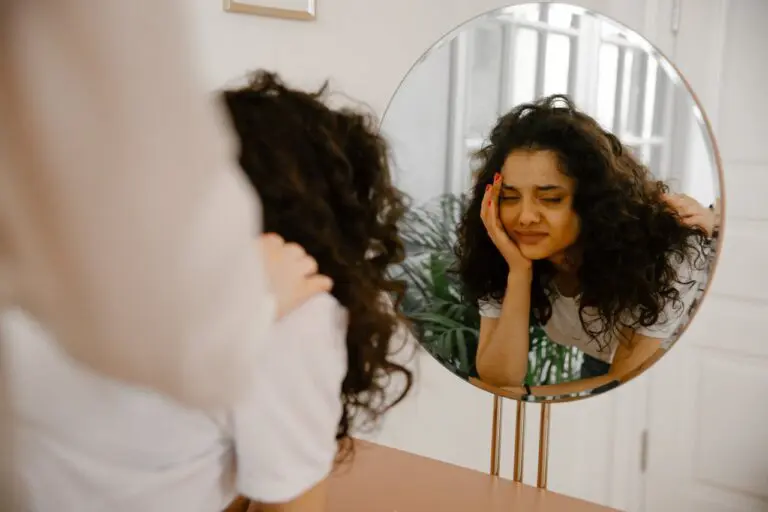In a world where constant connectivity has become the norm, the idea of unplugging can feel almost impossible. Our phones, laptops, and tablets follow us everywhere—buzzing, beeping, and demanding our attention at all hours of the day. While technology provides incredible opportunities for learning, connection, and convenience, it also contributes to stress, distraction, and burnout. This is where the concept of a digital detox comes in.
At Nurture Your Nature Psychotherapy, we believe that mental clarity and emotional balance often require intentional boundaries with technology. For individuals seeking Brooklyn Psychotherapy, Brooklyn Therapy, or an experienced Brooklyn Therapist, exploring the benefits of a digital detox can be a crucial step toward improved well-being. For those unable to meet in person, Online Therapy Brooklyn options make it possible to access support while still cultivating a healthier relationship with your digital world.
In this article, we’ll explore what digital detox means, why it’s so essential for mental clarity, how it affects emotional well-being, and how therapy can guide you in implementing meaningful changes.
What Is a Digital Detox?
A digital detox is the intentional practice of stepping away from digital devices—such as smartphones, computers, tablets, televisions, and even smartwatches—for a specific period. The goal is not necessarily to abandon technology altogether but to create space for mental rest, reflection, and real-life experiences without the constant interruption of digital distractions.
A detox may look different for each person. For some, it might mean a few hours each evening without screen time. For others, it could be a full weekend unplugged from email, social media, and news notifications.
The focus is not on deprivation, but rather on restoration. By limiting digital consumption, individuals allow themselves to reconnect with the present moment, reduce stress, and regain control over their time.
The Constant Buzz of Digital Overload
The average American spends over 7 hours a day looking at screens. Between work, social media, texting, streaming, and endless scrolling, this adds up to nearly half of our waking life.
While some of this screen time is necessary—especially for work—it often extends beyond productivity into distraction and overstimulation. The cycle looks like this:
-
Check emails at breakfast
-
Scroll social media during breaks
-
Respond to texts while commuting
-
Stream shows late into the night
This constant digital engagement keeps the brain in a state of hyperactivity, limiting opportunities for rest and genuine presence. Over time, the consequences can be significant, impacting both mental health and physical well-being.
How Digital Overload Affects Mental Clarity
1. Reduced Attention Span
Frequent switching between apps, notifications, and platforms fragments focus. Research shows that digital multitasking makes it harder to sustain attention, which can impair problem-solving and decision-making skills.
2. Mental Fatigue
Just as the body becomes tired after exertion, the brain experiences exhaustion from constant digital input. Mental fatigue can leave you feeling irritable, unmotivated, and overwhelmed.
3. Sleep Disruption
The blue light emitted by screens interferes with melatonin production, making it harder to fall asleep. Late-night scrolling also keeps the mind alert when it should be winding down. Poor sleep, in turn, affects mood regulation, concentration, and long-term health.
4. Heightened Stress and Anxiety
Constant notifications and information overload can trigger stress responses. News feeds, social comparisons, and work demands leave many feeling perpetually on edge.
5. Disconnection from the Self
Perhaps most importantly, being constantly plugged in prevents self-reflection. Quiet moments that once allowed for processing emotions are now filled with digital noise, making it harder to truly understand how we feel.
Why Digital Detox Is Essential for Emotional Well-Being
While mental clarity is often the first benefit people notice, unplugging also has profound effects on emotional well-being.
Reconnecting with Emotions
Without constant distraction, people can tune into how they’re really feeling. This may bring awareness to underlying stress, sadness, or even joy that had been previously overshadowed by digital busyness.
Building Real-Life Connections
Face-to-face interactions promote empathy, trust, and bonding. Digital detox allows individuals to nurture meaningful relationships with family and friends without the interference of screens.
Enhancing Self-Esteem
Social media is notorious for fueling comparison. A break from constant exposure to curated images and lifestyles can reduce feelings of inadequacy and help restore confidence in one’s own life.
Cultivating Mindfulness
A digital detox creates room for mindfulness—the practice of being fully present. Whether it’s enjoying a meal without distraction, taking a mindful walk, or simply noticing your breath, these practices reduce stress and increase resilience.
Practical Steps to Begin Your Digital Detox
You don’t have to give up your phone forever to benefit from a digital detox. Small, intentional steps can make a lasting impact.
1. Set Clear Boundaries
-
Establish “no-phone zones” such as the dining table or bedroom.
-
Create time limits for social media and email checking.
2. Turn Off Notifications
Silence non-essential alerts. This prevents constant interruptions and reduces stress.
3. Schedule Screen-Free Time
Choose blocks of time each day for unplugging. For example, commit to being offline from 8 PM until the next morning.
4. Replace Screen Time with Restorative Activities
Instead of scrolling, try journaling, exercising, cooking, or spending time outdoors.
5. Use Technology Intentionally
Shift from mindless scrolling to mindful use. Ask yourself: Is this serving me right now?
The Role of Psychotherapy in Supporting a Digital Detox
Sometimes, unplugging feels harder than expected. Many people underestimate how much they rely on technology for distraction, validation, or escape. This is where therapy becomes a valuable tool.
At Nurture Your Nature Psychotherapy, our team of Brooklyn Therapists helps individuals explore the deeper reasons behind digital overuse. For some, it may be tied to anxiety, perfectionism, or loneliness. For others, it may reflect avoidance of difficult emotions.
How Therapy Can Help:
-
Identify patterns of dependence on technology.
-
Develop coping strategies for managing stress without screens.
-
Strengthen emotional resilience through mindfulness and self-care practices.
-
Rebuild relationships that have been strained by digital distractions.
For those who cannot attend in person, our Online Therapy Brooklyn services provide the same compassionate support through secure video sessions. This allows clients to work toward balance while still honoring their lifestyle and needs.
Digital Detox and Mental Health Conditions
Unplugging can be particularly beneficial for individuals navigating mental health conditions:
-
Anxiety Disorders: Reducing constant news and social media exposure lowers stress triggers.
-
Depression: Creating structure and engaging in real-world activities combats isolation.
-
ADHD: Screen boundaries help improve focus and decrease overstimulation.
-
Insomnia: Limiting nighttime screen use improves sleep hygiene.
In all of these cases, working with a Brooklyn Therapist can provide personalized strategies to make digital detox both realistic and effective.
Stories of Transformation
Many individuals who have embraced digital detox report profound changes:
-
Improved Productivity: By eliminating distractions, people often accomplish tasks more efficiently.
-
Better Relationships: Couples and families rediscover quality time without constant device interruptions.
-
Renewed Creativity: Freed from constant digital input, the mind has space for original thought and imagination.
-
Deeper Self-Awareness: Without screens as a constant buffer, individuals often reconnect with their values and goals.
Balancing Digital Life with Modern Demands
Of course, completely unplugging isn’t realistic for most people. Work, school, and social commitments often require digital interaction. The key is balance.
Instead of abandoning technology, aim to cultivate a healthy relationship with it. This means being intentional, setting boundaries, and recognizing when screen time becomes detrimental to mental clarity.
At Nurture Your Nature Psychotherapy, we emphasize this balance in our therapeutic work. Whether you’re seeking Brooklyn Therapy, in-person support from a Brooklyn Therapist, or accessible Online Therapy Brooklyn, our goal is to help you achieve well-being without unrealistic restrictions.
Conclusion: Reclaiming Clarity in a Digital Age
Technology is an incredible tool, but it should serve us—not the other way around. A digital detox offers a pathway to regain focus, reduce stress, and cultivate emotional well-being. By intentionally unplugging, even in small ways, you create space for mindfulness, real-life connections, and personal growth.
If you are ready to explore how digital detox can support your mental health journey, Nurture Your Nature Psychotherapy is here to guide you. Whether you’re searching for Brooklyn Psychotherapy, working with a trusted Brooklyn Therapist, or choosing the flexibility of Online Therapy Brooklyn, we are committed to helping you reclaim clarity and balance in today’s digitally driven world.
At Nurture Your Nature Psychotherapy, we believe every individual holds the capacity to rewrite their conflict dialogue, thereby nurturing healthier relationships and a more peaceful inner life. If you are ready to change the conversation, we are ready to help you find the words. Ready to take the first step? Reach out today and Schedule your Appointment Online Now or Call Us at (646) 470-4174 to get started Today!
